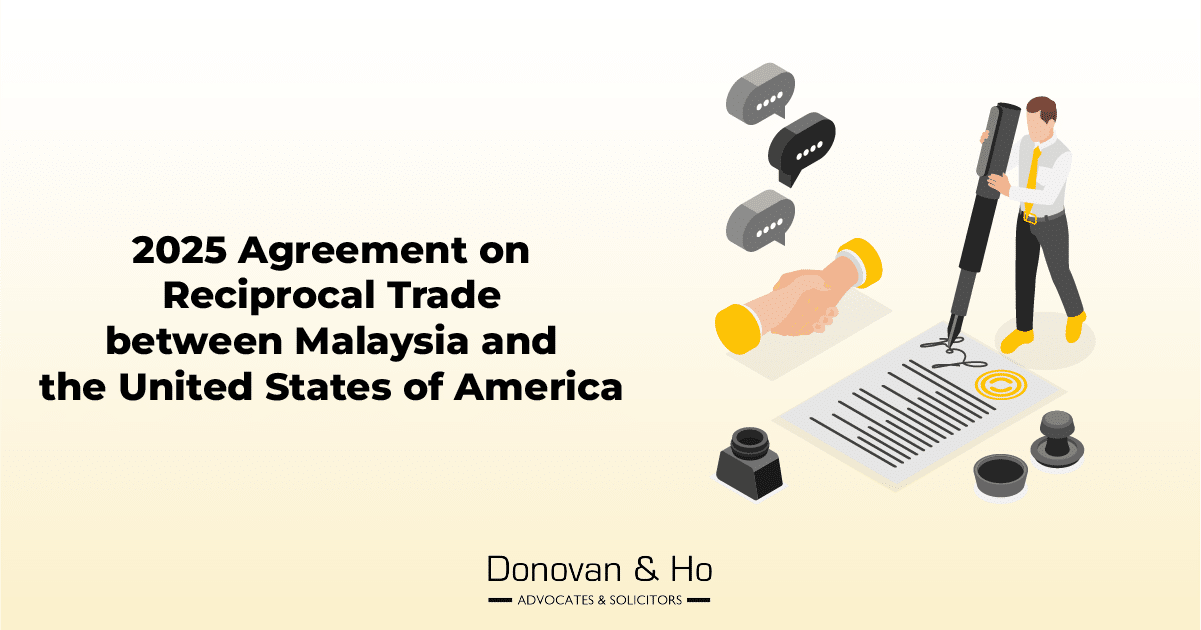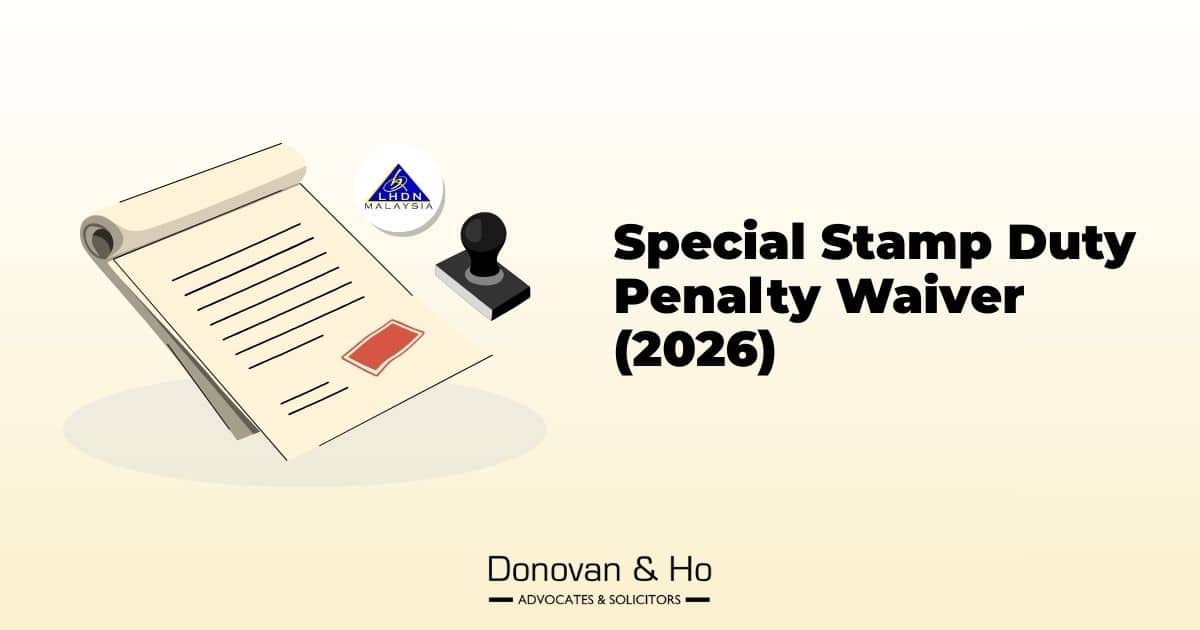This article aims to equip business owners and company directors with basic knowledge of Malaysia’s competition law framework to help them navigate compliance and make informed decisions.
In Malaysia’s competitive business landscape, companies naturally strive to grow revenue and gain market advantage. However, these competitive ambitions must be balanced against compliance with competition law, which somewhat counter-intuitively, aims to ensure a level playing field, fair trade, and healthy market competition. The reason being that fair competition, ultimately, ensures sustainability and protects both consumers and other business owners in the long run.
The Competition Act 2010 (“the Act”) is the primary legislation that governs fair competition in Malaysia. Overseen by the Malaysia Competition Commission (MyCC), it sets out prohibited commercial conduct and imposes significant penalties for breaches.
Scope of the Act – Who does it apply to?
Pursuant to Section 3 of the Act, the Act applies broadly to:
- Any commercial activities in Malaysia; and
- Commercial activities outside Malaysia that have an effect on market competition within Malaysia (extraterritorial application).
Key Takeaway: All “commercial activities” which essentially means the production, distribution, or supply of goods or services for economic gain, which can include BOTH local and foreign transactions which impact the Malaysian market, can be caught by the Act.
The 2 Main Prohibitions – What businesses SHOULD NOT do?
As the Act’s over-arching objective is to promote fair competition, protect consumers, and ensure a level playing field in Malaysian markets, the Act primarily targets 2 types of anti-competitive behaviours.
A. Anti-Competitive Agreements (Section 4 of the Act)
The Act prohibits the following dealings, conduct and/or agreements:
- Horizontal agreements: between competitors at the same level of the supply chain (such as distributor and distributor or retailer and retailer).
- Vertical agreements: between enterprises at different levels (such as manufacturer and distributor, or distributor and retailer).
whether oral or written, which has the object or effect of significantly preventing, restricting or distorting competition in any market (in Malaysia) for goods or services.
Practical examples of prohibited horizontal anti-competitive conduct or agreement (Section 4(2) of the Act):
|
|
|
|
Practical examples of prohibited vertical anti-competitive conduct or agreement:
|
|
|
|
The “Significance” Test & Safe Harbour mechanism:
Even if an agreement is not automatically prohibited under Section 4(2) of the Act, MyCC will still assess whether it has a “significant” anti-competitive effect on the Malaysian market. Agreements are generally less likely to be considered significant if they fall under the “safe harbour” thresholds for market shareand hence are less likely to be considered anti-competitive:
- Horizontal agreements: combined market share in the relevant market ≤ 20%.
- Vertical agreements: each party’s market share ≤ 25% in each relevant market.
B. Abuse of Dominant Position (Section 10(1) of the Act)
Section 10 targets enterprises that hold a dominant position in a relevant market and engage in conduct that abuses that dominance, thereby harming competition. A “dominant position” generally means having significant market power, allowing an enterprise to act independently of competitors, suppliers, or customers (e.g., controlling a large market share or having unique market influence).
Practical examples of abuse pursuant to Section 10(2) of the Act:
|
|
|
|
Key Takeaway: Holding a dominant position is not illegal; but abusing it to harm competition is.
Exemptions – When does the Act NOT apply?
The Act does not apply to the following commercial activities:
|
|
|
|
Penalties – What are the consequences of breach?
There are significant penalties for anti-competitive practices under Sections 4 (anti-competitive agreements) and 10 (abuse of dominant position), with fines up to 10% of an enterprise’s worldwide turnover during the infringement period, alongside remedies like ceasing conduct or restructuring business practices. General offences, such as obstructing investigations or non-compliance with the Malaysia Competition Commission (MyCC) orders, attract fines up to RM5 million for corporations and with directors potentially facing personal liability. For details on prosecutions, visit the MyCC’s official pages for Enforcement Overview and Case Decisions here: https://www.mycc.gov.my/case
Upcoming Changes: Merger Control Regime
In addition to existing prohibitions, a new merger control regime proposed by MyCC in April 2022 aims to prevent mergers that significantly reduce market competition. Expected to be tabled in Parliament in 2025, this regime will expand MyCC’s investigative and enforcement powers, which the public should be aware of.
Key Takeaways
To comply with competition law, it is important to regularly review your contracts and business practices. Careful attention should be paid to pricing, market allocation, and exclusivity arrangements, since even informal agreements can lead to legal issues. It is also essential to monitor your market share in relation to “safe harbour” thresholds and to avoid any behaviour that could be seen as abusing a dominant position.
***
This article was written by Chin Wan Xin (Associate) from Donovan & Ho’s corporate practice.
Our corporate practice group advises on corporate acquisitions, restructuring exercises, joint venture arrangements, shareholder agreements, employee share options and franchise businesses, Malaysia start-up founders and can assist with venture capital funds in Seed, Series A & B funding rounds. Feel free to contact us if you have any queries.






